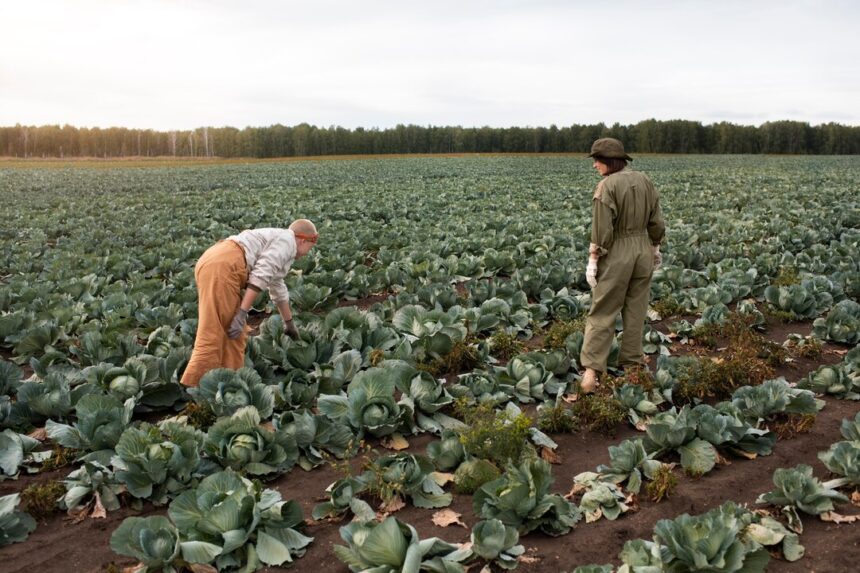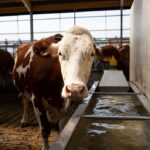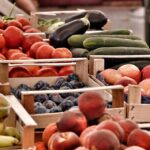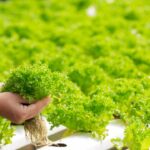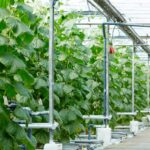Starting a farm in the Eastern Cape can be a rewarding venture, especially given the region’s diverse climates, fertile soils, and access to natural resources. Whether you’re looking to grow crops, raise livestock, or start a mixed-use smallholding, it’s entirely possible to do so on a limited budget. With careful planning, resourcefulness, and smart choices, aspiring farmers can build a sustainable operation without breaking the bank.
1. Start with a Clear Plan
Before investing a cent, draft a simple but focused farm business plan. Outline what kind of farming you want to pursue—vegetables, livestock, poultry, herbs, or a combination. Consider your available land size, local climate conditions, market demand, and personal skills.
Identify your goals for the first year, including expected startup costs, income sources, and break-even points. A well-thought-out plan helps prevent costly mistakes and makes it easier to seek funding or support if needed.
2. Choose Affordable Land or Use Communal Land
If you don’t already own land, consider leasing rather than buying. In some rural areas of the Eastern Cape, there is access to communal land where permission can be granted through traditional authorities. Alternatively, small, affordable plots on the outskirts of towns like King William’s Town, Mthatha, or Alice can serve as a good starting point.
Ensure the land has access to water or potential for borehole drilling, as water availability will greatly influence your success.
3. Start Small and Scale Up
Avoid the trap of trying to build a fully functioning commercial farm immediately. Instead, begin with a manageable area and grow gradually as your income increases. For instance, start with a small vegetable garden, a few chickens for eggs, or a goat or two for milk. These can be expanded as you gain experience and capital.
Starting small helps you learn as you go, reduces risk, and lets you reinvest profits into further development.
4. Use Low-Cost Infrastructure
Build basic structures using affordable or recycled materials. Shade nets, wood pallets, repurposed shipping containers, and old fencing can all be turned into coops, greenhouses, or storage units.
Consider low-cost irrigation options like drip lines using recycled bottles or bucket irrigation if water access is limited. Keep your setup functional, not fancy—what matters most is productivity, not appearance.
5. Focus on High-Demand, Low-Cost Crops or Livestock
Choose crops that grow well in your region and require minimal input costs. Leafy greens like spinach, cabbage, and kale are hardy and grow well in Eastern Cape soil. Root vegetables such as carrots and beetroot also perform well and store easily.
In terms of livestock, free-range chickens, goats, and sheep are cost-effective and well-suited to the area. These animals require less expensive feed and infrastructure compared to cattle.
6. Use Organic and DIY Solutions
Reduce your reliance on expensive inputs by making compost from kitchen and garden waste, saving seeds, and using natural pest repellents like garlic, neem, or chili sprays. Organic methods not only lower your costs but also appeal to health-conscious consumers.
You can also build your own tools, watering systems, and animal housing with a bit of creativity and some online tutorials.
7. Access Government and NGO Support
The Eastern Cape Department of Rural Development and Agrarian Reform often provides funding, training, and input support to smallholder and emerging farmers. Apply for grants, attend workshops, and register for farmer support programs.
Local NGOs and agricultural cooperatives may also provide access to shared equipment, market linkages, and mentorship.
8. Sell Locally and Reinvest Wisely
Focus on local markets, such as farmers’ markets, street vendors, spaza shops, and nearby communities. You can also sell directly to schools, caterers, or clinics. This saves on transport costs and helps build a steady customer base.
Reinvest any profits into improving your infrastructure, buying better-quality inputs, and expanding your operations slowly but steadily.
Starting a farm in the Eastern Cape on a budget is absolutely possible with the right mindset and resourcefulness. By starting small, using local resources, and keeping costs low, you can build a sustainable farming business that grows over time and contributes to local food security and your financial future.
Join 'Farmers Mag' WhatsApp Channel
Get the latest Farming news and tips delivered straight to your WhatsApp
CLICK HERE TO JOIN
